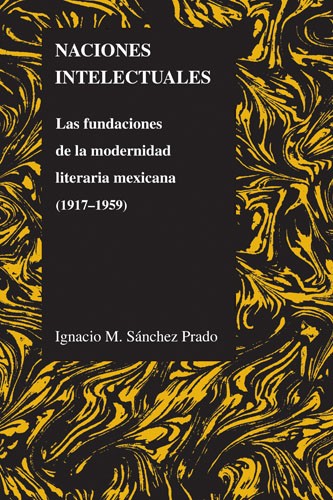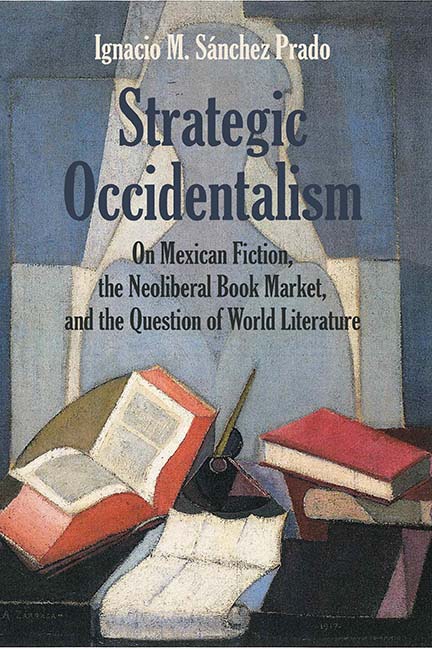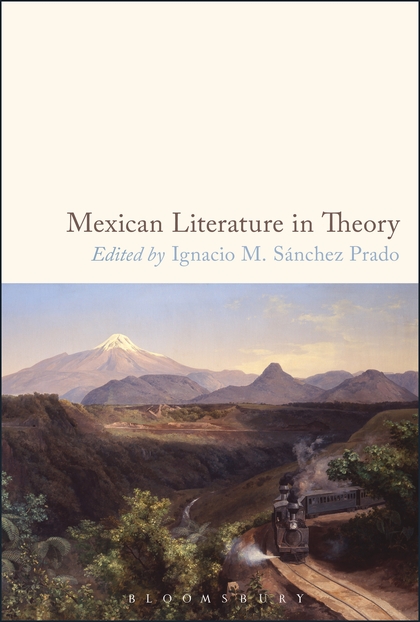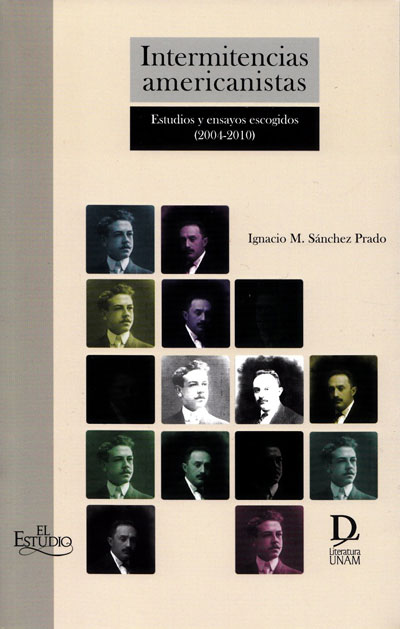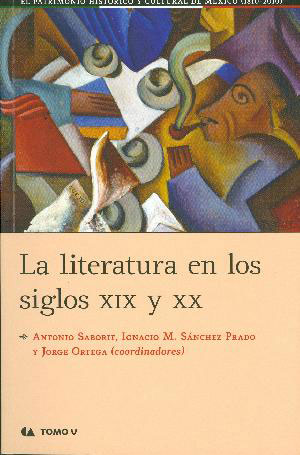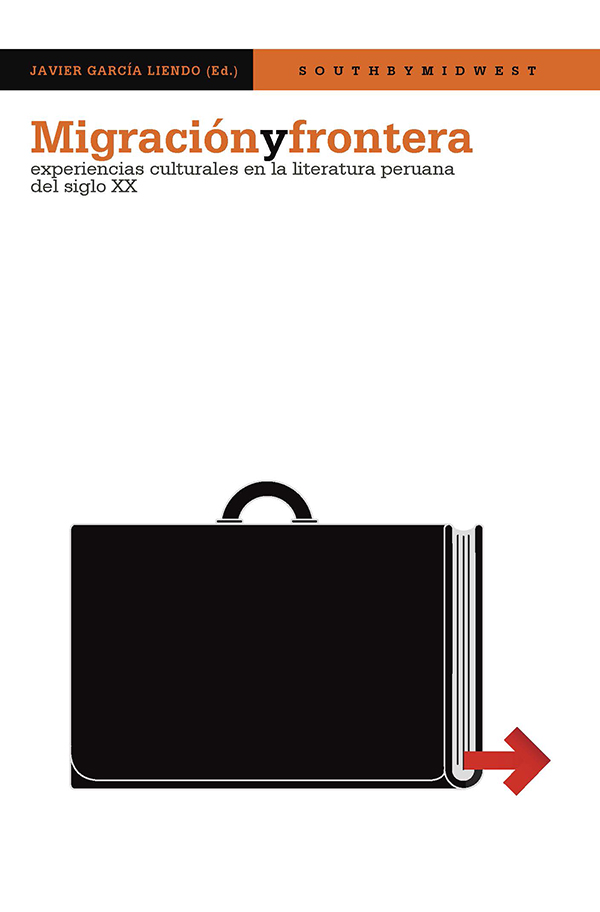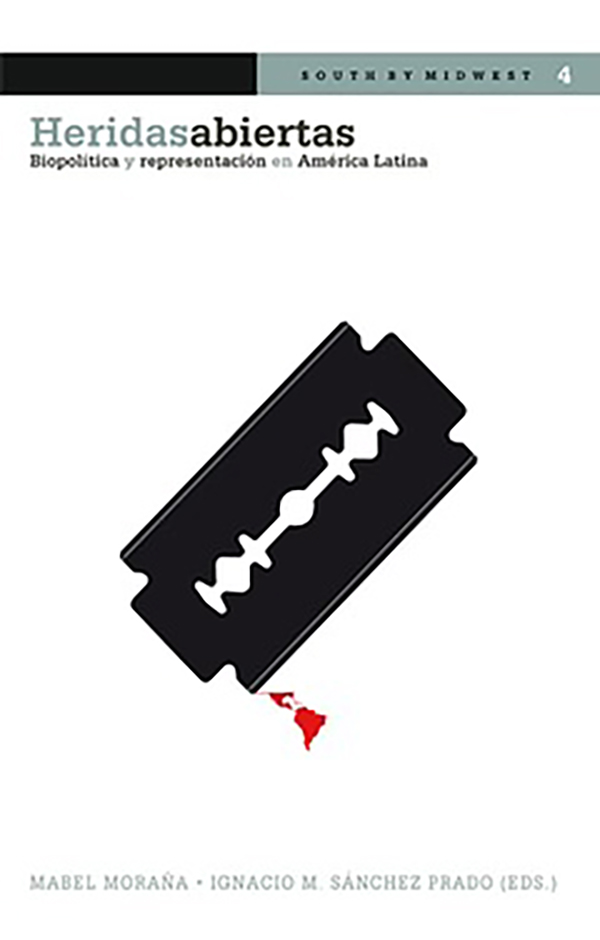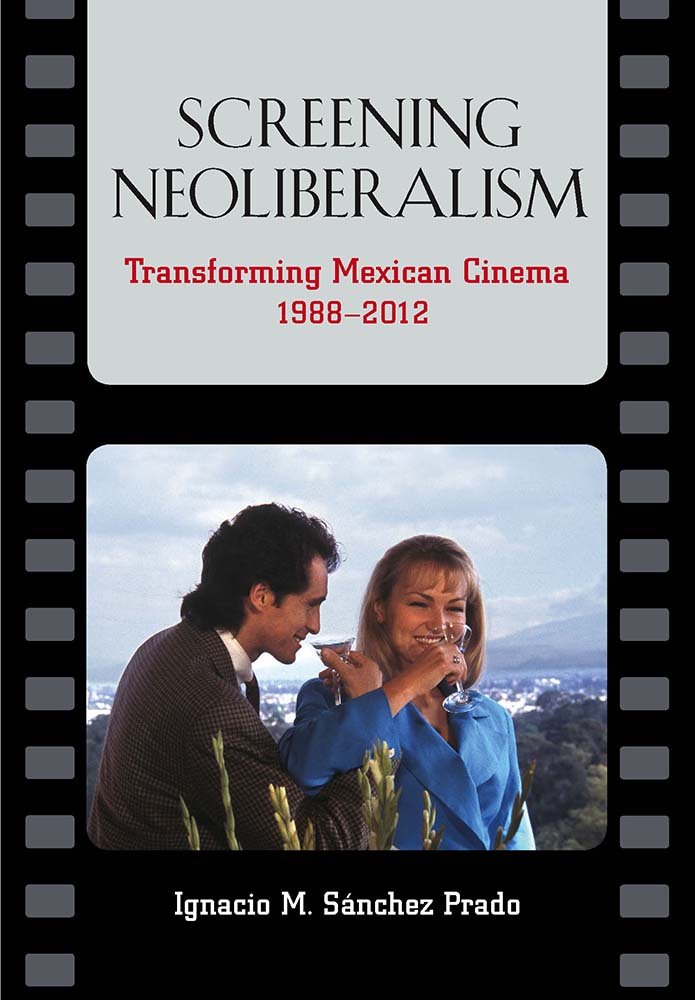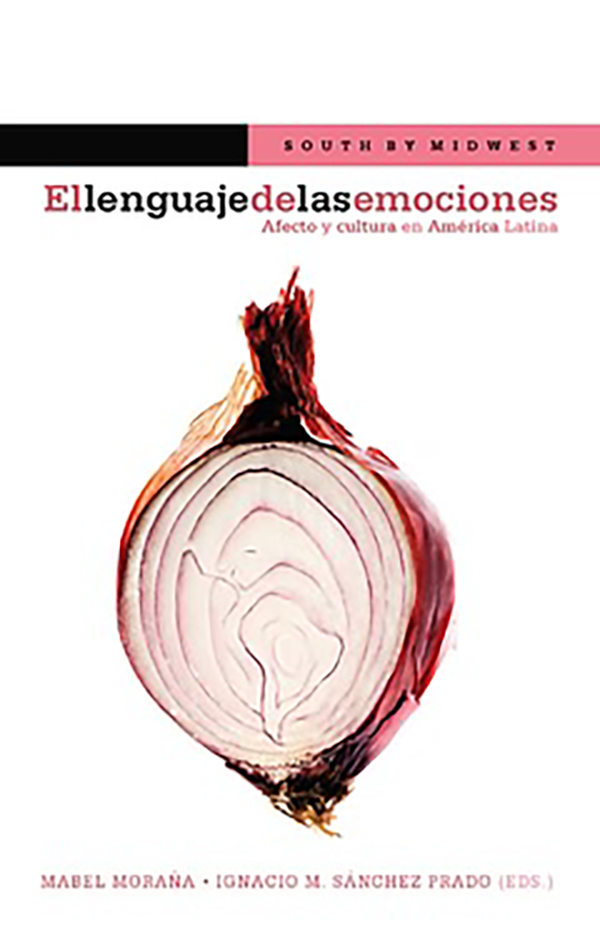Prof. Sánchez Prado's areas of research include Mexican literary, film and cultural studies; Latin American intellectual history, neoliberal culture, food cultural studies and “world literature” theory.
He is the author of seven books, including Naciones intelectuales. Las fundaciones de la modernidad literaria mexicana (1917-1959) (2009. Winner of the LASA Mexico 2010 Book Award), Screening Neoliberalism. Mexican Cinema 1988-2012 (2014), Strategic Occidentalism. On Mexican Fiction, The Neoliberal Book Market and the Question of World Literature (2018), and Intermitencias alfonsinas. Estudios y otros textos (2019).
He is currently working on a study entitled Popular Cosmopolitanism, on genre and the idea of world culture as a social practice in mid-century Mexico. He is also working on the short book Taco for the Object Lessons series at Bloomsbury.
Prof. Sánchez Prado has edited several book collections, including Mexican Literature in Theory (2018) and Mexican Literature as World Literature (2021). Prof. Sánchez Prado is editor of the series Critical Mexica Studies in Vanderbilt University Press and co-editor, with Leslie Marsh, of the SUNY Press Series on Latin American Cinema. He is a co-editor of A History of Mexican Literature and forthcoming histories of Mexican poetry and the Mexican novel for Cambridge University Press.
Prof. Sánchez Prado’s scholarly articles have appeared in a diversity of books and journals academic books and journals. His most recent essays include a study Mexican film adaptations of world literature featuring the comic Cantinflas, published by Journal of World Literature, a study of the Mexican historian and thinker Edmundo O’Gorman and a Latin Americanist critique of John Guillory’s Cultural Capital. Beyond the academy, he has been a contributor to media outlets in Mexico and the United States, including the Washington Post, Al Jazeera, the BBC, the Mexican newspaper El Universal, Public Books, Words Without Borders and the Los Angeles Review of Books, among others.
His teaching for the Latin American Studies Program includes the introductory class (Latin America: Nation, Ethnicity and Social Conflict), and courses on Mexico, media theory, film and revolution and other issues in cultural studies. In Romance Languages and Literatures, his teaching focuses on 20th- and 21st-century Mexican literature, film and culture, as well as Latin American critical thought and literary theory. In addition, At the University College, he teaches classes on left-wing political theory, cultural policy, food studies and global cinema, for the Master-level programs in International Affairs and Liberal Arts. Prof. Sánchez Prado received the Distinguished Teaching Award from the School of Arts and Sciences in 2015. He has also received teaching awards from the Graduate School and the Undergraduate Council of Arts and Sciences.
Prof. Sánchez Prado currently serves in the steering committee of UC Mexicanistas and in the Executive Council of the MLA. He is a member of the editorial board of various journals, including PMLA, Modernism/Modernity, Forma and Revista de Crítica Literaria Latinoamericana. He is the former President of the Association for the Study of the Arts of the Present.
Prof. Sánchez Prado was appointed by the Librarian of Congress as the Chair of the Cultures of the South at the Kluge Center during the summer of 2021, conducting research towards his book on popular cosmopolitanism in Mexican cinema.
Currently, Prof. Sánchez Prado serves as Director of Undergraduate Studies for the Latin American Studies Program.





